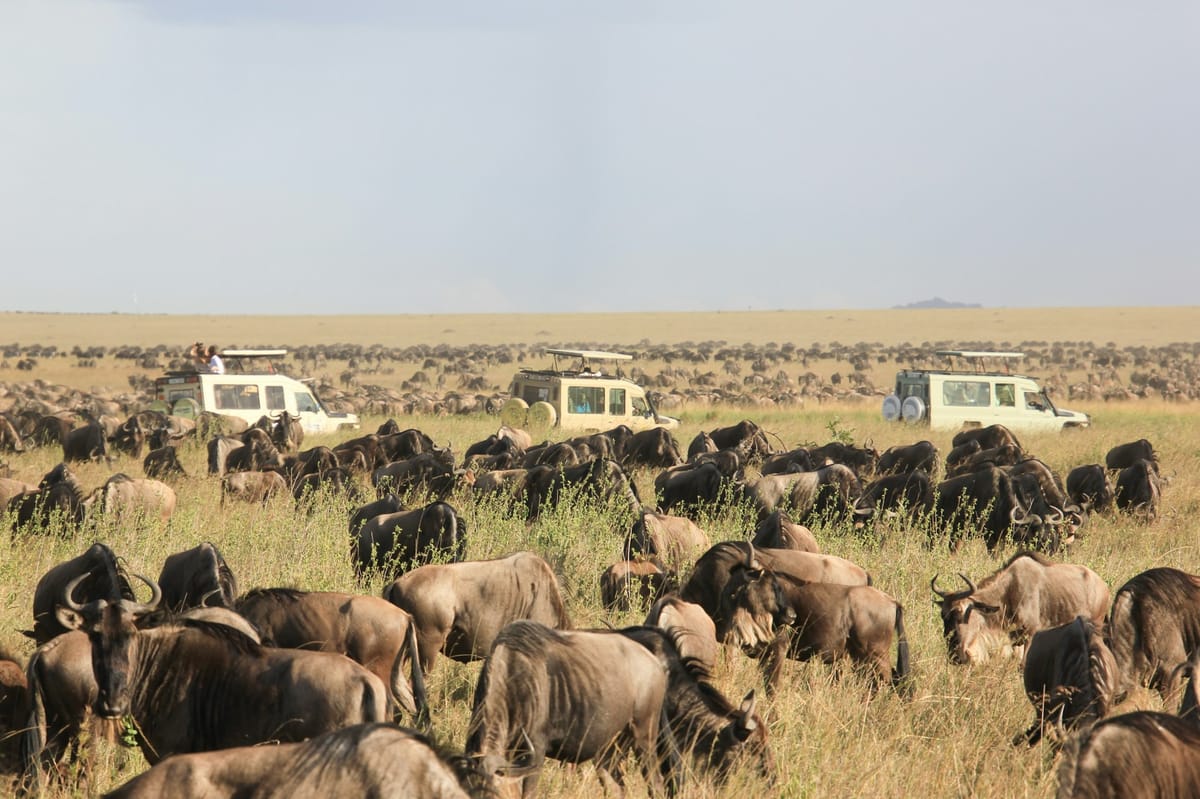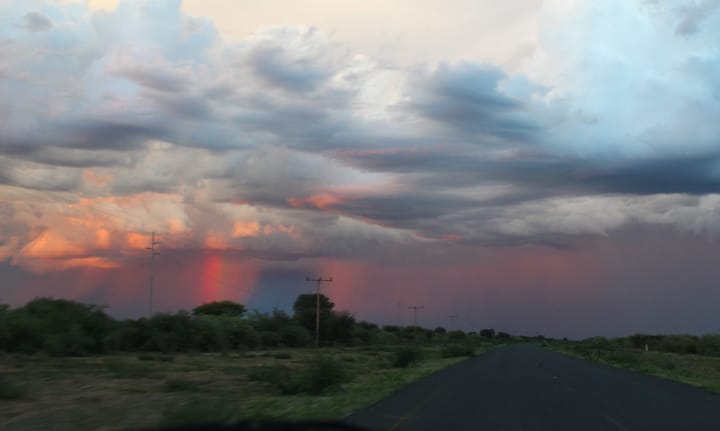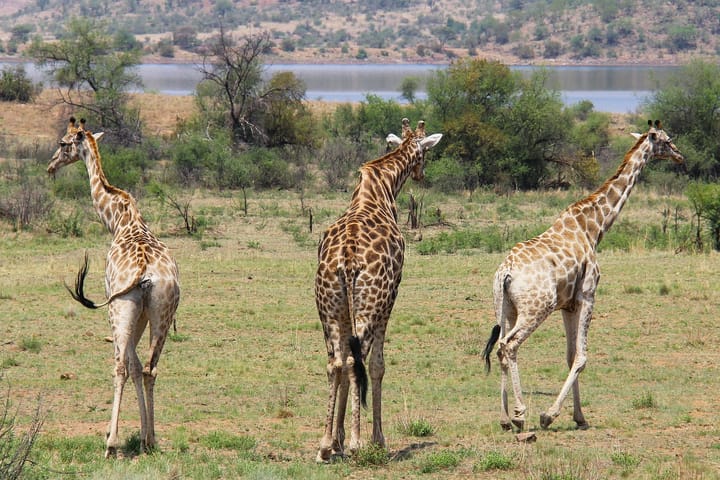Serengeti overcrowding sparks calls for tourism reform
Overcrowding during the Great Migration in the Serengeti has sparked a fierce debate among conservationists, tour operators, and travellers.

A recent viral video of vehicle congestion during the Great Migration in the Serengeti has ignited an urgent conversation about how Africa’s most famous wildlife spectacle is marketed and managed. Filmed by safari guide Nick Kleer, the footage revealed tightly packed 4x4s clustered along riverbanks, prompting criticism of lax regulation, unethical guiding, and an over-reliance on high-volume tourism.
I've known that ongoings from tourists and travel/logde industry in the Mara during the migration has been crazy...
— Susanne (@susmeds71) July 21, 2025
BUT this is ABSOLUTELY RIDICULOUS!!!
This has to stop ✋🏻🚫
Thank goodness Nick Kleer has guts to speak up 🙏🏻#stopinterferingwithwildlife #stopunethicaltourism pic.twitter.com/6XOBuDWVMi
Original video from Nick Kleer on Instagram: https://www.instagram.com/reel/DMXYZztKuHs/

According to an article by Dale Hes in the Daily Southern & East African Tourism Update, industry leaders say the problem lies not only in the field but also in the stories being told to travellers. Maija de Rijk-Uys, Managing Director of Go2Africa, emphasised that the migration should not dominate safari marketing at the expense of Africa’s diverse experiences. “Knowledgeable operators present a broader picture, shaped by seasonal realities and conservation priorities, creating journeys that highlight more than the Big Five,” she explained.
Suzanne Bayly, Managing Director of Classic Portfolio, believes that overhyping the Migration fuels crowding, with agents targeting easy-to-sell experiences that convert quickly. She warned that travel is increasingly treated as a form of social currency, with operators promoting photogenic, high-demand events to cater to social media rather than prioritising sustainable travel practices. This, she said, contributes directly to over-tourism in fragile ecosystems.
Some operators are actively steering guests towards less-crowded periods. De Rijk-Uys said the Serengeti offers abundant wildlife year-round and can be even more rewarding outside peak migration weeks. Encouraging visitors to explore areas away from the heavily marketed river crossings helps reduce pressure while delivering more personal safari moments, she noted. “The real magic exists well beyond the images that trend online,” she added.
Others, however, argue the roots of the problem are deeper. David Ryan, CEO of Rhino Africa, contends that weak park policies and revenue-driven models are the real culprits. Without caps on vehicle numbers and with park fees tied to visitor volume, there is little incentive to limit traffic. “The issue is systemic,” he said. “Unlimited access and inadequate enforcement allow hundreds of operators to funnel guests into the same hotspots during peak times.”

Ryan also pointed to the financial pressures on guides, saying that low pay and reward structures based on close wildlife encounters push some into breaking rules. Improving wages, training, and ethical incentives could change behaviours, but this requires coordinated action between park authorities and operators. De Rijk-Uys echoed this view, highlighting that guide pressure is rooted in the drive to meet client expectations and remain commercially viable.
Profit motives extend beyond guiding. Deborah Calmeyer, CEO and Founder of ROAR AFRICA, criticised large corporate hospitality groups for acquiring locally owned lodges and transforming them into high-volume operations. She called for both the government and travellers to resist such models and to withhold support from overcrowded migration experiences until they are responsibly managed.
All three industry leaders agreed that guest and wildlife safety, adherence to park regulations, and respect among operators should be non-negotiable principles in wildlife tourism. They also stressed that without structural changes in park management, including strict enforcement and fairer economic frameworks, the situation will deteriorate.
Ryan concluded that the current outrage should lead to more than fleeting online debate. Instead, it should drive meaningful reform in how the Serengeti is managed, marketed, and experienced. The challenge, he said, is ensuring that Africa’s premier wilderness areas remain both economically sustainable and ecologically protected.


• 𝙵𝚘𝚛 𝚜𝚝𝚘𝚛𝚢 𝚜𝚞𝚋𝚖𝚒𝚜𝚜𝚒𝚘𝚗𝚜 𝚘𝚛 𝚛𝚎𝚟𝚒𝚎𝚠𝚜, 𝚌𝚘𝚗𝚝𝚊𝚌𝚝 𝙼𝚊𝚛𝚒𝚊𝚗𝚊 𝚟𝚒𝚊 𝚎𝚖𝚊𝚒𝚕 (𝚎𝚍𝚒𝚝𝚘𝚛@𝚝𝚑𝚎𝚝𝚛𝚊𝚟𝚎𝚕𝚝𝚑𝚛𝚎𝚊𝚍.𝚌𝚘.𝚣𝚊).
• 𝙵𝚘𝚛 𝚙𝚊𝚛𝚝𝚗𝚎𝚛𝚜𝚑𝚒𝚙𝚜, 𝚖𝚊𝚛𝚔𝚎𝚝𝚒𝚗𝚐, 𝚘𝚛 𝚌𝚘𝚗𝚝𝚎𝚗𝚝 𝚎𝚗𝚚𝚞𝚒𝚛𝚒𝚎𝚜, 𝚌𝚘𝚗𝚝𝚊𝚌𝚝 𝙰𝚗𝚌𝚑𝚎𝚗 𝚟𝚒𝚊 𝚎𝚖𝚊𝚒𝚕 (𝚊𝚗𝚌𝚑𝚎𝚗@𝚒𝚘𝚕𝚘𝚐𝚞𝚎𝚖𝚎𝚍𝚒𝚊.𝚌𝚘𝚖) 𝚘𝚛 𝚜𝚎𝚗𝚍 𝚊 𝚆𝚑𝚊𝚝𝚜𝙰𝚙𝚙 𝚑𝚎𝚛𝚎.




Comments ()